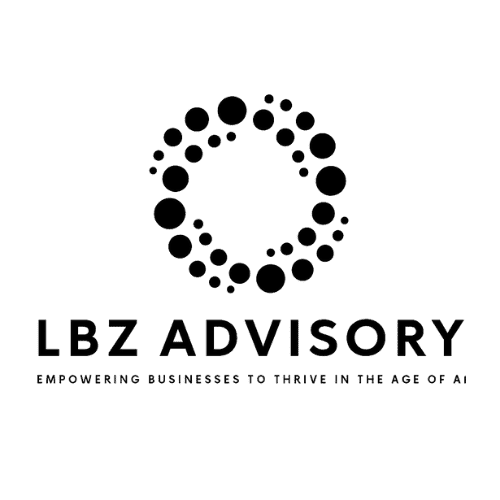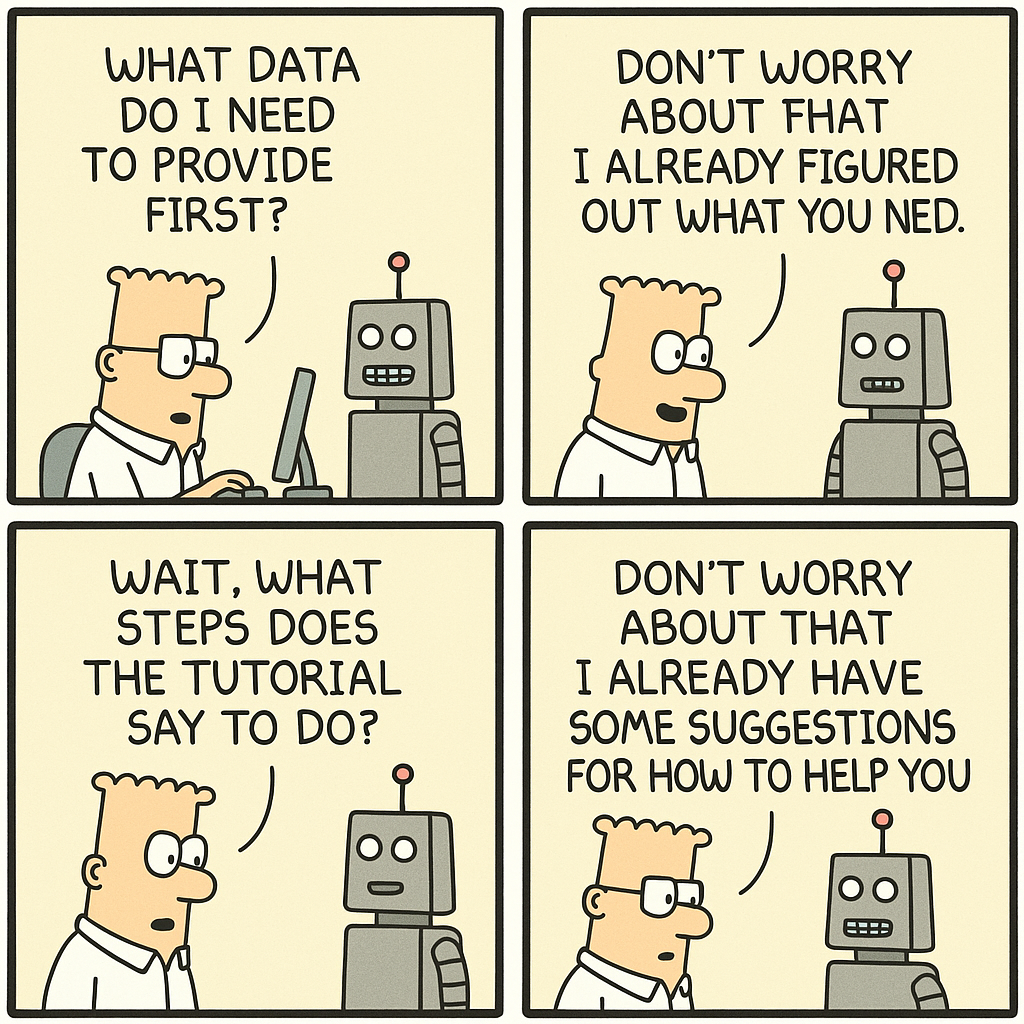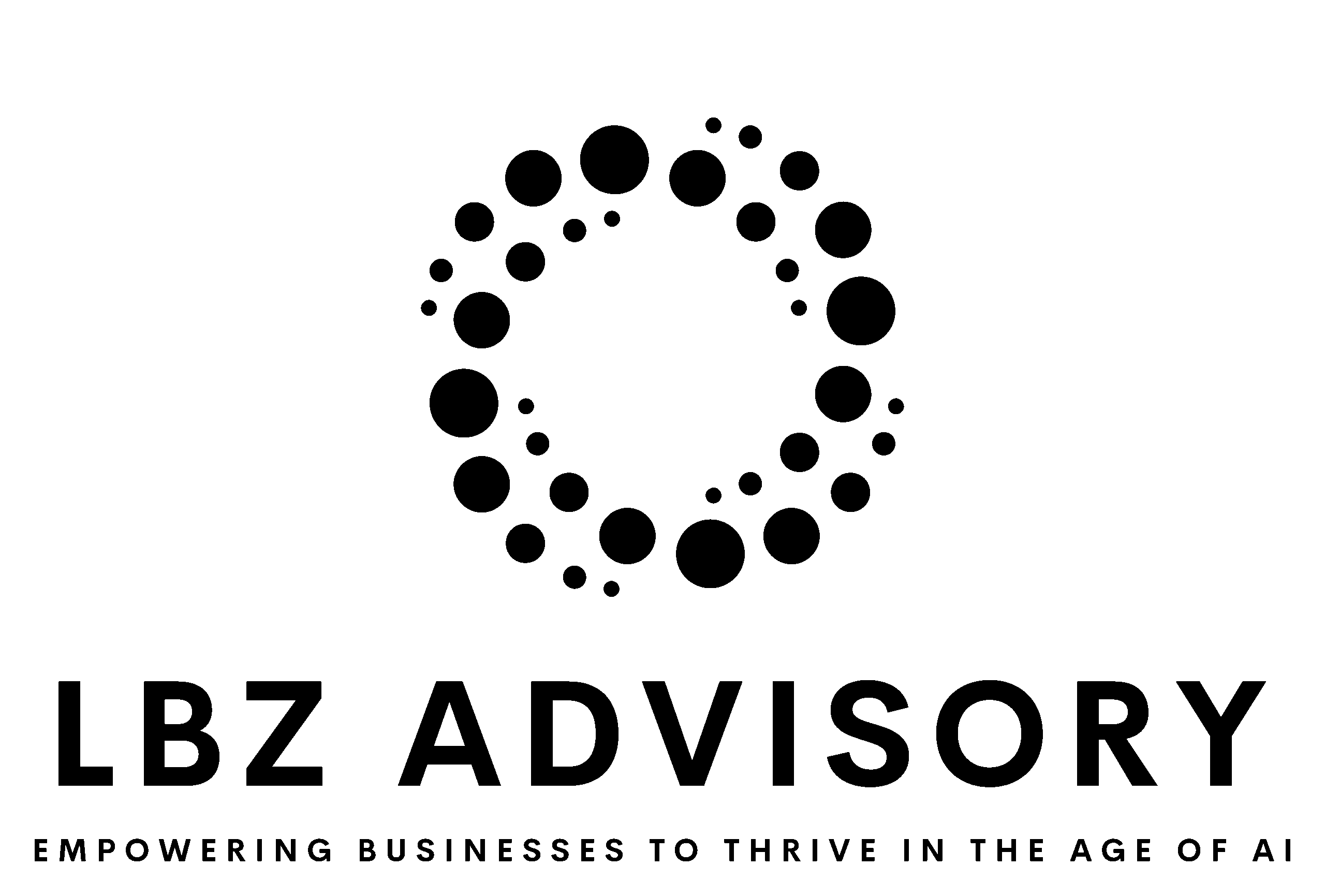Progress often requires people to think critically and challenge prevailing notions, even if it means creating conflict or discomfort. But so often, humans look to avoid conflict. This blog explores the importance of constructive conflict in organizations and personal growth
At first glance, conflict carries a negative connotation, evoking images of strife and discord. The aversion to conflict is a natural human instinct, one rooted in the desire for harmony and stability. After all, fostering social bonds and community structures has been a cornerstone of our evolutionary success; it’s essential for survival. It has enabled the formation of complex societies and cultures, allowing for shared resources, collective learning, and the establishment of norms and laws that facilitate coexistence and progress.
The inherent desire for harmony has not only increased the group’s chances of survival but also facilitated the development of empathy, understanding, and the intricate social networks that define human society, ultimately contributing to the species’ dominance and continued evolution.
Yet, it is in the heart of disagreement and the clash of ideas that the flames of progress are stoked. Historically, every leap forward has been preceded by a challenge to the prevailing notions of the time. Galileo’s celestial assertions, Rosalind Franklin’s contributions to the understanding of DNA, and even the disruptive innovations of modern technology giants were all born from a willingness to contest the status quo. These instances of courage and critical thinking highlight the fundamental truth that progress is not a gentle stream but a series of rapids, propelled by the rocks of dissent and debate.
In the realms of science, politics, and culture, the importance of embracing conflict is paramount. It is through the rigorous testing of ideas, the willingness to voice unpopular opinions, and the resilience to withstand opposition that societies uncover deeper truths and reach greater heights. The suppression of dissent, on the other hand, leads to a stagnation of thought, a condition all too dangerous in a world that is constantly changing and evolving.
History is replete with instances where conflict has catalyzed significant societal advancements:
- The Civil Rights Movement: The mid-20th century in the United States saw a period of intense conflict and protest against racial segregation and discrimination. Leaders like Martin Luther King Jr. and organizations like the NAACP challenged the status quo, leading to profound changes in laws and attitudes. The conflict and civil disobedience of this era led to the Civil Rights Act of 1964 and the Voting Rights Act of 1965, fundamentally reshaping American society.
- The Scientific Revolution: The period from the 16th to the 18th century was marked by a series of conflicts between emerging scientific understandings and established religious and philosophical doctrines. Figures like Copernicus, Galileo, and later Newton challenged the geocentric view of the universe and other prevailing notions. Despite facing significant resistance and personal peril, their persistence laid the groundwork for modern physics, astronomy, and numerous scientific advancements.
- Women’s Suffrage Movements: Throughout the late 19th and early 20th centuries, women in various parts of the world organized, protested, and lobbied against legal and societal barriers that denied them the right to vote and other freedoms. This conflict, often facing violent opposition, led to significant changes in laws and perceptions, granting women voting rights and paving the way for further gender equality movements.
- Labor Reforms: The late 19th and early 20th centuries saw significant conflict between workers and industrialists, highlighted by strikes, protests, and sometimes violent clashes. The conflict brought attention to the harsh working conditions and lack of rights for workers, leading to labor reforms, the establishment of labor unions, and laws regulating working hours, child labor, and safety conditions.
- The Environmental Movement: Starting in the 1960s, increased awareness of pollution and environmental degradation led to conflicts between activists, governments, and corporations. The movement’s efforts to highlight the consequences of unchecked industrial growth led to significant environmental legislation, such as the Clean Air Act and the establishment of the Environmental Protection Agency in the United States.
In each of these cases, the conflict between established norms and emerging ideas or grievances was a critical driver of change. While often contentious and uncomfortable, these conflicts forced societies to confront, reconsider, and eventually transform prevailing attitudes and policies, leading to progress and a more inclusive, equitable, and knowledgeable world.
Yet, embracing conflict does not mean championing discord for its own sake. It is about fostering an environment where different perspectives are not just tolerated but encouraged. It is about understanding that the friction between differing viewpoints is not a destructive force but a refining one, shaping ideas into their most potent and effective forms. This process, while often uncomfortable, is essential for the health and vitality of any dynamic system, be it a corporate entity, a governmental institution, or the vast marketplace of ideas that is society itself.
In this light, leaders and individuals alike bear the responsibility to cultivate spaces where critical questioning is the norm and where the courage to think differently is not just accepted but celebrated. Such a culture does not diminish harmony but rather enriches it, adding layers of depth and understanding that homogeneity could never achieve.
As we navigate the complexities of the 21st century, the lessons of embracing conflict are more pertinent than ever. In a world brimming with unprecedented challenges and opportunities, the capacity to engage with conflicting ideas will be the compass that guides us toward innovative solutions and collective advancement. It is through the crucible of conflict that we will forge the future, one robust debate, one challenged idea, one innovative leap at a time.
So, let us dare to disagree, to think critically, and to engage in the constructive conflict that propels us forward. For in the fiery exchanges of ideas, in the heat of debate and dissent, lies the promise of a brighter, more enlightened world.
















